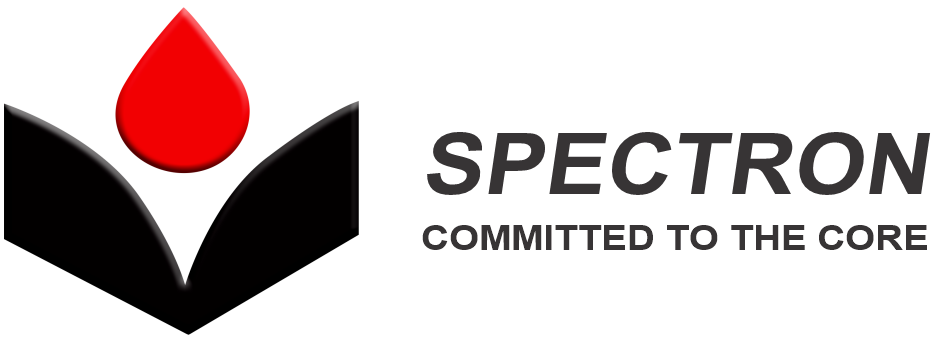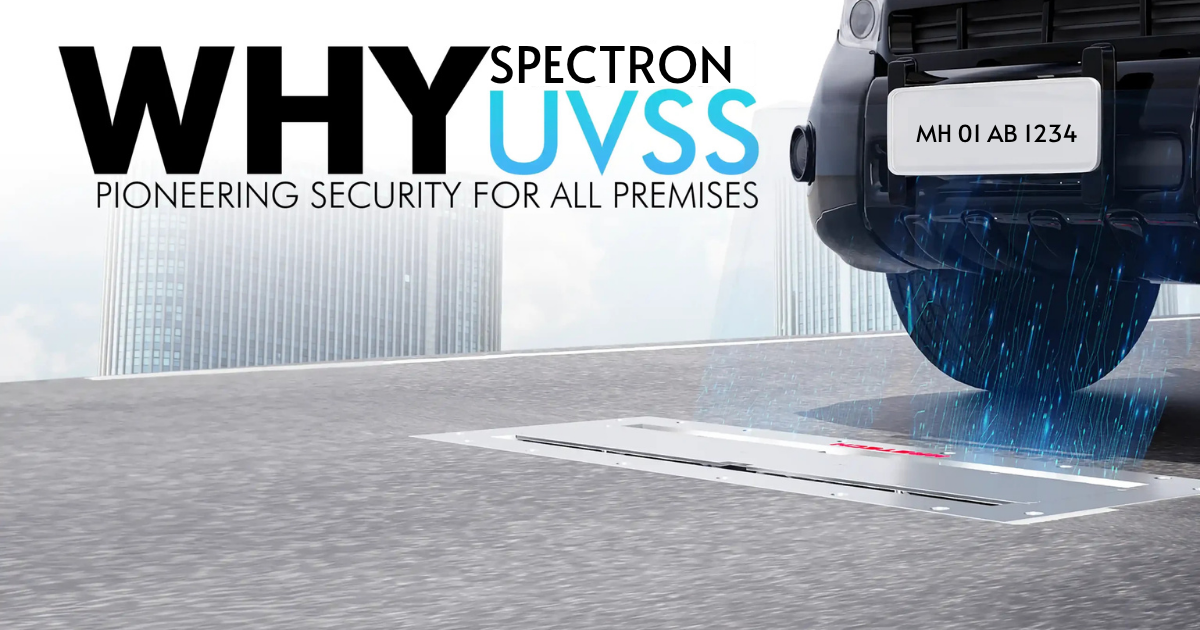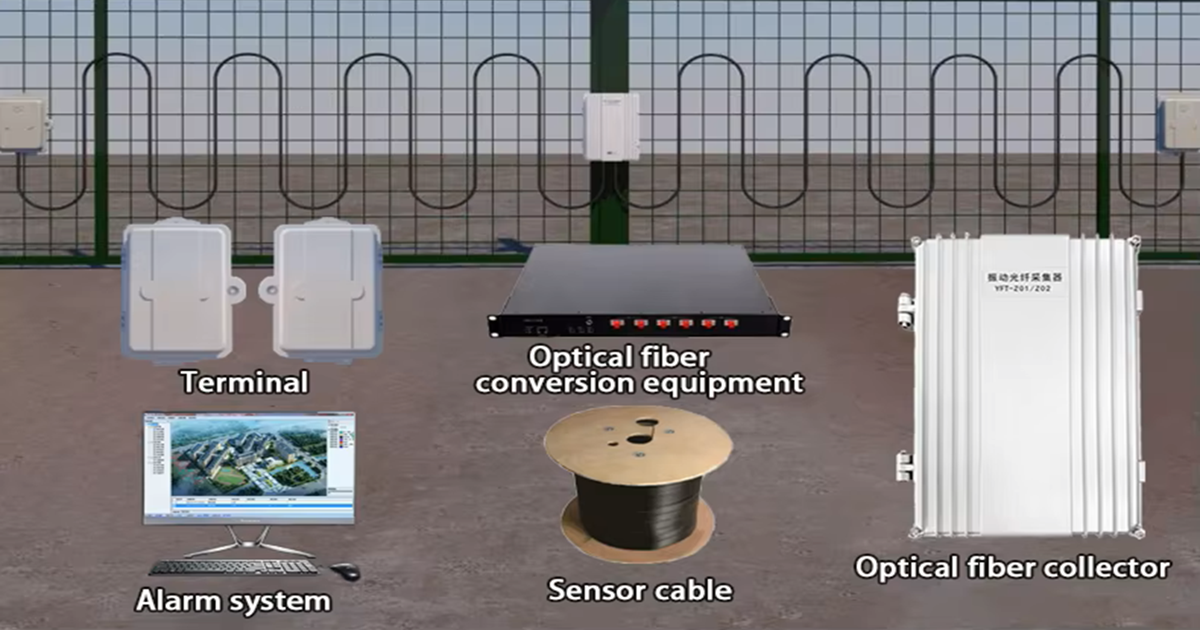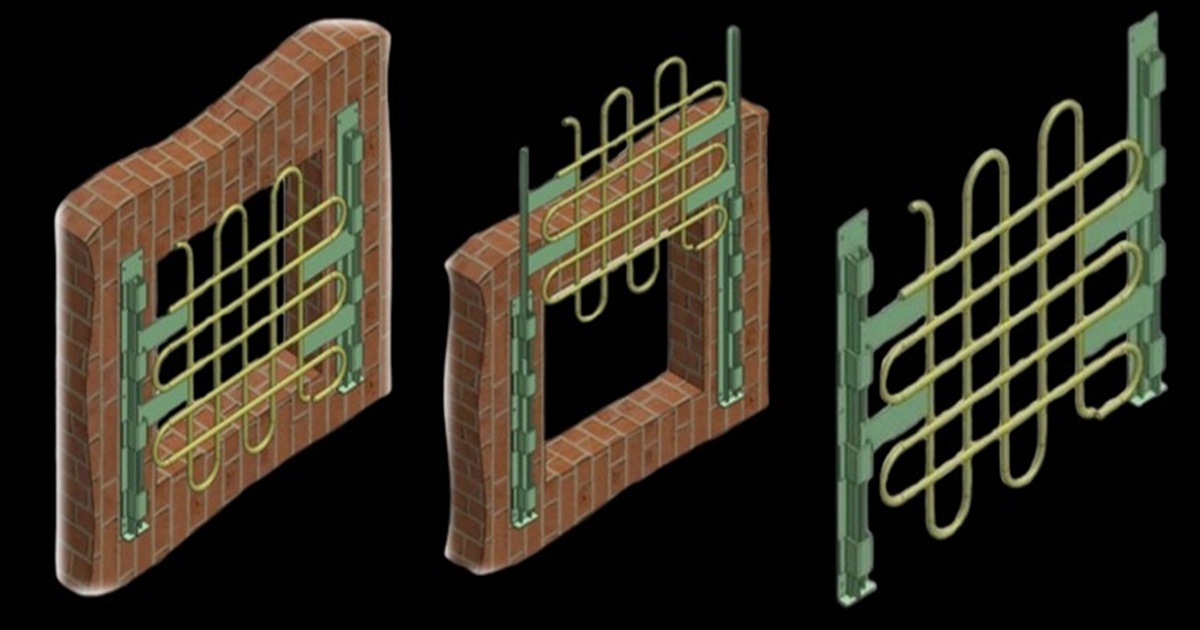As industrial zones become more vulnerable to sophisticated threats, the role of Under Vehicle Inspection Systems (UVIS) has never been more critical. UVIS solutions are now integral to ensuring secure access control across high-risk sites like oil refineries, gas plants, airports, and defense checkpoints. These systems perform real-time scanning of the vehicle undercarriage, identifying threats such as explosives, contraband, and hidden compartments all without slowing traffic flow.
But as the security landscape evolves, so must your approach to selecting the right UVIS/UVSS system supplier. In this blog, we break down why choosing the right partner is essential for safety compliance, operational continuity, and long-term ROI.
The Need for UVIS in Today’s Industrial Ecosystem
Industrial sites are highly attractive targets for malicious actors, smuggling activities, and even internal sabotage. Traditional manual inspections are error-prone, inconsistent, and expose security personnel to avoidable risks.
That’s why UVIS technology is now considered non-negotiable in sectors like:
-
Oil & Gas: Prevent sabotage or theft at refinery and tank terminal entrances
-
Power Plants: Safeguard access to thermal, nuclear, or solar installations
-
Transport Hubs: Secure cargo terminals, ports, and airports
-
Defense & Government: Protect against terrorist threats at army depots and facilities
Why the Supplier Matters as Much as the System
There’s more to UVIS than just buying a piece of hardware. Your UVIS/UVSS system supplier determines how well the system integrates into your site, how often it fails, how easy it is to scale, and how smoothly it passes safety audits.
Here’s why your choice of supplier makes or breaks your UVIS investment:
1. Compliance with Global and Local Security Standards
Industrial plants must meet rigorous compliance requirements whether it’s under ISO 27001 for data security or Ministry of Interior standards in the GCC. A credible supplier provides:
-
Pre-certified systems with global benchmarks
-
Support with documentation for compliance audits
-
Up-to-date firmware to match changing threat profiles
Choosing an uncertified vendor may result in non-compliance, penalties, or revoked permits.
2. Advanced Technology Features Built for Industrial Environments
Basic UVIS models won’t cut it for demanding oil & gas or infrastructure zones. A high-performance supplier offers:
-
HD or 4K undercarriage imaging
-
AI-based threat detection (e.g., suspicious object flagging)
-
Infrared/night-vision capabilities
-
Fast scan times for high vehicle throughput
These features are crucial for continuous operation in dusty, rainy, or low-light conditions.
3. System Integration with Access Control Infrastructure
Your UVIS system shouldn’t operate in isolation. A strong supplier will provide solutions that integrate with:
-
Boom barriers and gate controls
-
License Plate Recognition (LPR)
-
RFID badge access
-
Visitor Management Systems (VMS)
-
SCADA or control room software
This interoperability not only improves workflow but enhances total perimeter security.
4. Data Management, Storage & Cybersecurity
In 2025, a UVIS system is as much about data as it is about scanning. The right supplier should provide:
-
Onboard or cloud-based encrypted storage
-
Audit-ready data logs for inspections
-
GDPR- and ISO-compliant cybersecurity architecture
-
Remote monitoring via secured apps or browsers
Cybersecurity incidents can compromise inspection data, leading to operational and legal risks.
5. Mobility, Modularity & Scalability
Different sites have different needs. Your UVIS supplier should offer:
-
Modular systems for checkpoints with varying widths or vehicle sizes
-
Mobile UVIS units for temporary deployment
-
Upgradeable software & analytics for future enhancements
This scalability ensures your system grows with your infrastructure without major rework.
6. Support, AMC & Service Level Agreements
Downtime at a checkpoint can disrupt logistics, increase queue times, or even compromise site security. That’s why a trustworthy supplier offers:
-
AMC packages with committed response times
-
Remote diagnostics and on-site service
-
Preventive maintenance schedules
-
Local technical teams for emergency deployment
A vendor without solid post-sale service will cost you far more in lost hours than the system’s sticker price.
7. Client References and Case Studies
A supplier’s real-world experience in industrial-grade security speaks volumes. Ask for:
-
Deployment case studies in oil & gas or power sectors
-
KPIs like threat detection rate, downtime hours, and false alarm reduction
-
Testimonials from existing industrial clients
Avoid suppliers who’ve only worked with commercial or residential projects.
Red Flags to Avoid
When shortlisting UVIS suppliers, watch out for:
-
Lack of third-party certifications
-
Proprietary systems that can't integrate with your current tech
-
Overdependence on cloud with no offline failover
-
Minimal documentation and poor client onboarding
Why Spectron Group Stands Out
Spectron Group has been a reliable UVIS system supplier for high-security industrial zones across India and the Middle East. With systems engineered for 24/7 operation, Spectron UVIS solutions offer:
-
AI-assisted image processing
-
Infrared-ready cameras for night operation
-
Real-time integration with access control and SCADA
-
End-to-end compliance support
Their ability to deploy quickly and provide dedicated post-sale support makes them a preferred choice for procurement heads and operations directors.
Final Thoughts
Choosing a UVIS/UVSS system isn’t just a technology decision, it's a long-term safety investment. Your supplier should offer more than a product: they must offer compliance, confidence, operational uptime, and peace of mind.
If you're in the process of upgrading your security infrastructure, evaluate suppliers based on experience, integration, support, and scalability not just price. A few extra minutes at the decision-making stage can save you hours (or disasters) down the line.




